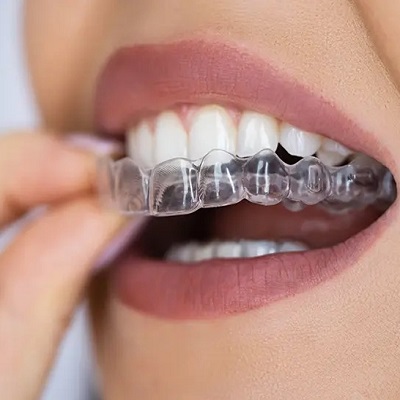Best Mouthguards Dubai, protecting your smile is as crucial as perfecting your game. Whether you’re on the football field, in the boxing ring, or hitting the tennis courts, a mouthguard can be a game-changer. This guide explores why mouthguards are essential, the types available, and how to choose the right one for your needs.
Why Mouthguards Matter:
Mouthguards play a pivotal role in protecting your teeth, gums, and jaw from injuries. Sports such as football, rugby, hockey, and martial arts are high-risk activities where accidental impacts are common. These injuries can range from chipped teeth to more severe issues like fractured jaws. A well-fitted mouthguard acts as a cushion, absorbing and distributing the force of impacts, thereby reducing the risk of injury.
In addition to physical protection, mouthguards can help prevent injuries to the soft tissues of the mouth, such as the lips and cheeks. They also play a role in reducing the risk of concussions by minimizing the impact forces that can be transmitted to the brain.
Types of Mouthguards:
Stock Mouthguards:
Description: Ready-to-wear and available in sports stores.
Pros: Affordable and easy to find.
Cons: Limited fit and comfort. May not provide the best protection as they do not conform to the specific shape of your mouth.
Boil-and-Bite Mouthguards:
Description: Made from thermoplastic material. You boil them to soften, then bite into them to create a custom fit.
Pros: Better fit and comfort compared to stock mouthguards. More affordable than custom-made options.
Cons: Can be less durable and may not provide as precise a fit as custom-made guards.
Custom-Fit Mouthguards:
Description: Created by a dentist or a dental lab based on impressions of your teeth.
Pros: Provides the best fit and comfort. Offers superior protection as it is specifically designed for your mouth.
Cons: Higher cost and requires a visit to the dentist.
Choosing the Right Mouthguard:
Comfort and Fit: The mouthguard should fit snugly over your teeth without causing discomfort or gagging. A well-fitting mouthguard should stay in place and not impede your ability to speak or breathe.
Material: High-quality mouthguards are usually made from durable materials such as ethylene vinyl acetate (EVA). They should be flexible enough to absorb shocks but firm enough to offer solid protection.
Sports Type: Consider the specific needs of your sport. Contact sports like rugby and boxing may require thicker, more robust mouthguards, while non-contact sports might benefit from a thinner, less bulky design.
Age and Growth: For young athletes whose teeth are still developing, a mouthguard that can be adjusted or replaced as they grow is essential. Some dental offices offer mouthguards designed to accommodate changes in the mouth.
Maintenance and Care:
To ensure your mouthguard lasts and continues to provide protection, follow these care tips:
Clean Regularly: Rinse your mouthguard with cold water before and after each use. For a deeper clean, use a toothbrush and mild soap.
Store Properly: Keep your mouthguard in a ventilated case to prevent bacterial growth and deformation.
Avoid Heat: Do not expose your mouthguard to hot water, which can warp the material and affect the fit.
Inspect Regularly: Check for signs of wear and tear. Replace your mouthguard if it becomes damaged or no longer fits properly.
Conclusion:
Investing in a mouthguard is a smart decision for anyone involved in sports, particularly in Dubai's competitive sporting environment. Whether you opt for a stock, boil-and-bite, or custom-fit mouthguard, ensure it offers the protection, comfort, and durability you need. By choosing the right mouthguard and maintaining it properly, you can enjoy your favorite sports with peace of mind, knowing that your smile is well protected.





Comments